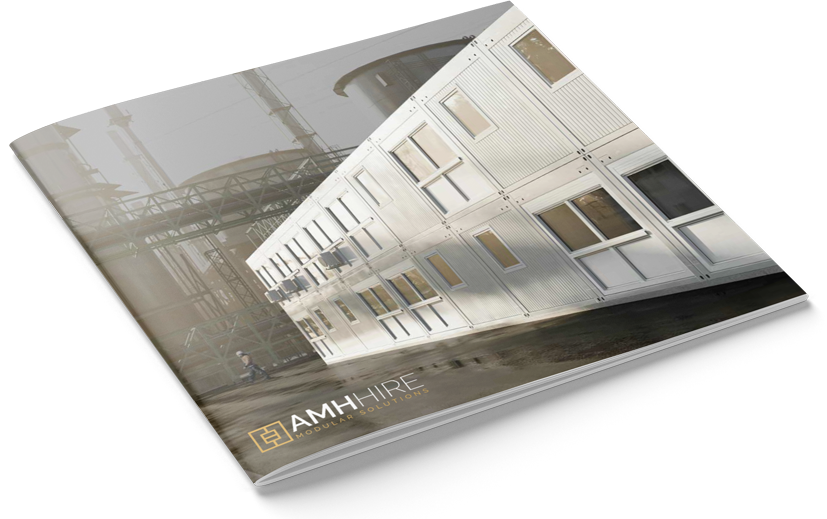Living and working sustainably has been a priority for companies for over two decades but for some of this time, it was hard to put all of the changes needed into practice. Going green has been more expensive and made projects more complex, but through the desire to change for the better – from all sides – becoming a reality, it’s more straightforward than ever to be sustainable. Working with custom modular buildings allows you to tailor every different building used to meet your needs, with ever decision targeting another way to reduce your environmental impact. Here’s six actionable ways which you can go green and modular.
Materials
Both inside and out, a modular building allows you to make the most of recycled materials. In the construction of the structure, recycled steel gives the building strength and it reduces the chance of mould growing as part of the building. It’s safe, strong shell means that you can utilise green interiors, such as MDF or bamboo. MDF is manufactured from recovered wood fibre which extends the wood’s life span and reduces the need for further forestation. Bamboo is a strong but flexible natural product that rapidly replenishes itself when harvested, with the ability to grow up to four feet a day.
Up on the Roof
Solar heating is the smart and sustainable answer to heating your modular building. Harnessing nature’s power to turn the sun – or light – into energy, solar power also reduces the reliance of fossil fuels for heating or cooling. As well as improving your environmental footprint, solar heating panels will help to reduce your fuel bills over time, which is another key aspect of sustainability.
Reduce Your Hot Air
Making sure that you can keep your modular building cool as well as hot is important – and there are smart decisions that you can take that will add up to a real difference. Choosing white roofing, over black, reflects solar heat away from your building and help to keep it naturally cooler. You can save on the amount of air conditioning that you need to use and A/C savings can be further made with a 2-stage HVAC system that reduces energy consumption.
Lighten up
The energy that we consume can drive sustainability and there are smart ways that help to bounce natural light around the space, by using light tunnels that brightens dark corners instead of a bulb. Movement sensors trace the arrival and departure of people, putting an end to lighting being left on unnecessarily.
Finishing touches
When it comes to reducing environmental impact, there’s much that can be done simply by choosing paints that are formaldehyde-free and low VOC paints. Teamed with green coatings, polluting ‘off-gassing’ can be reduced.
Again and again…
Modular buildings are, themselves, recycled and can be used again in the future. When we take a proper look around us, we can start to notice hundreds of unused and unloved buildings that no longer serve a purpose. Built to be removed, reused and repurposed, modular buildings are super sustainable.


